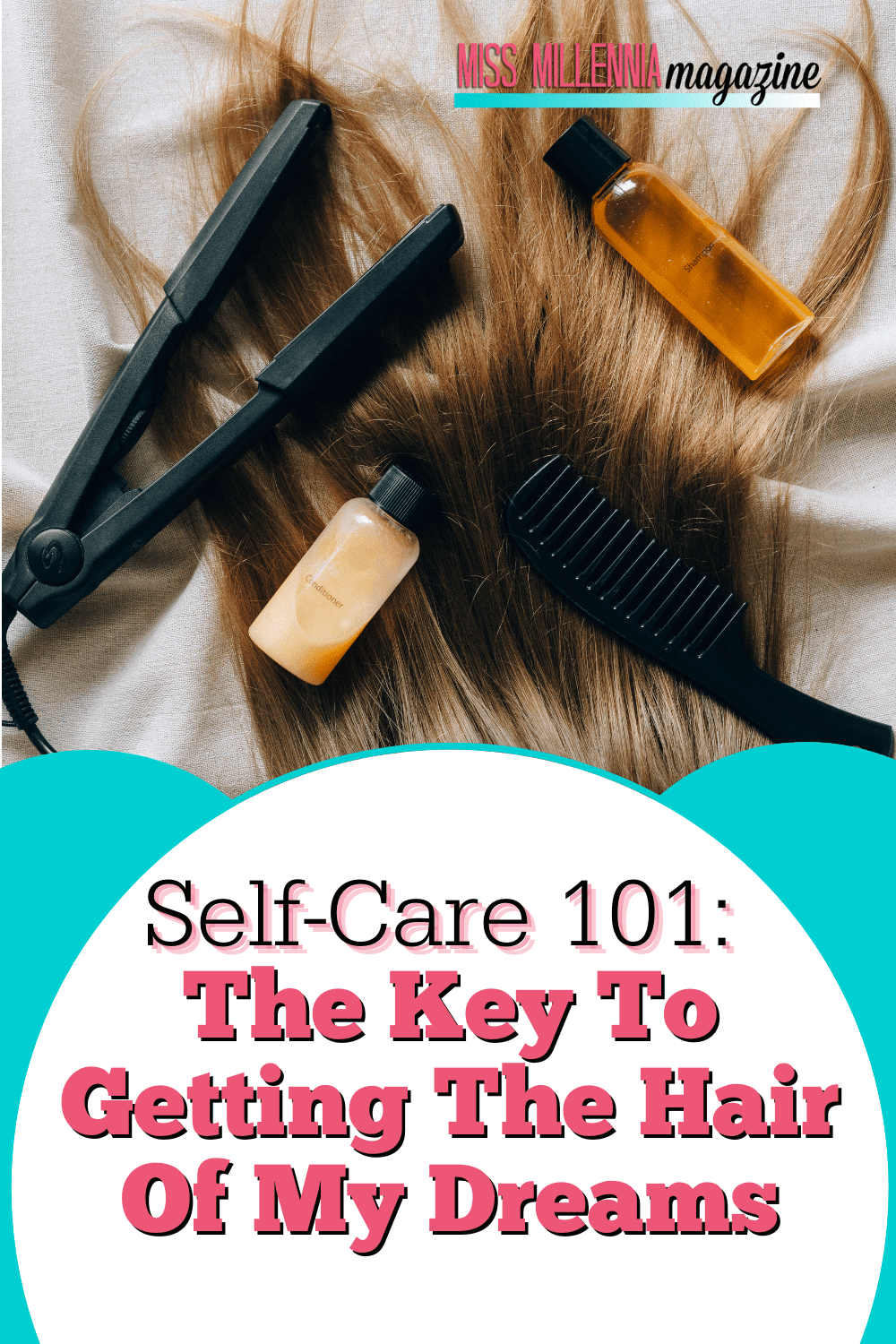The Pros and Cons of Graduate School
It’s that time of year again. Finals, papers, stress, and the light at the end of the tunnel for some: graduation. The main question asked for those graduating is, “What is your next step?” Some may have gotten lucky and received jobs while others are still looking. Then there are those that are full speed ahead and ready for their next educational adventure: graduate school. Personally, I will be taking time off, but I decided to list the pros and cons of going on to graduate school.
Pros
Choosing a program of your choice
Unlike undergrad, in graduate school you are going for what you’re interested in from the start. There are no prerequisites. It’s great for those who are already in the workforce and want to advance their education.
Advance your career
In choosing a program of your choice you will be able to either advance at your current position, gain a new position, or even start your own company around your specific interest.
Flexible Schedule
It’s one thing to have a flexible schedule in undergrad, but the flexible schedule for grad school is even better for those who work. The plus is that you can still work your nine to five and go to classes at night.
Cons
Admission Tests
If your grades from college weren’t good enough, there’s another test. It’s like taking the SAT all over again. For graduate school, one would usually take the GRE, GMAT, LSAT, etc. These tests are not cheap and are usually taken while you are in undergrad. These tests can be over $100 and can put a big dent in a college student’s pocket.
Cost
If you thought that undergrad was expensive, take a look at how much grad school costs. It can easily range over $30,000 and usually only lasts a year. For those who think that your undergrad was just that much for a year, take a look at the debt you’re about to walk in to.
Time Consuming
Aside from cost, grad school can be just as lengthy as undergrad. There are plenty of programs that take only a year to receive your master’s degree. There are also a lot of people that work and cannot put all their energy into grad school as need be. There are more responsibilities post undergrad and a job is essential. During undergrad you can depend on your parents somewhat, but now you’re on your own. You are now an adult. Grad school will end up taking longer to complete for some because of other obligations.
I have weighed these options personally and have realized that graduate school is not for me, just yet. I do want to wait and save to pay for it, or at least have paid off some of my loans from undergrad first. After being in school for four years, you might just need a break. That break could be crucial in whether you start and actually complete grad school. Personally, I’m not sure what I want to do just yet. I’ll be spending my time focused on one area of my choice, so I have to be in love with it. In the meantime, I’m ready for what life has to offer after college.






